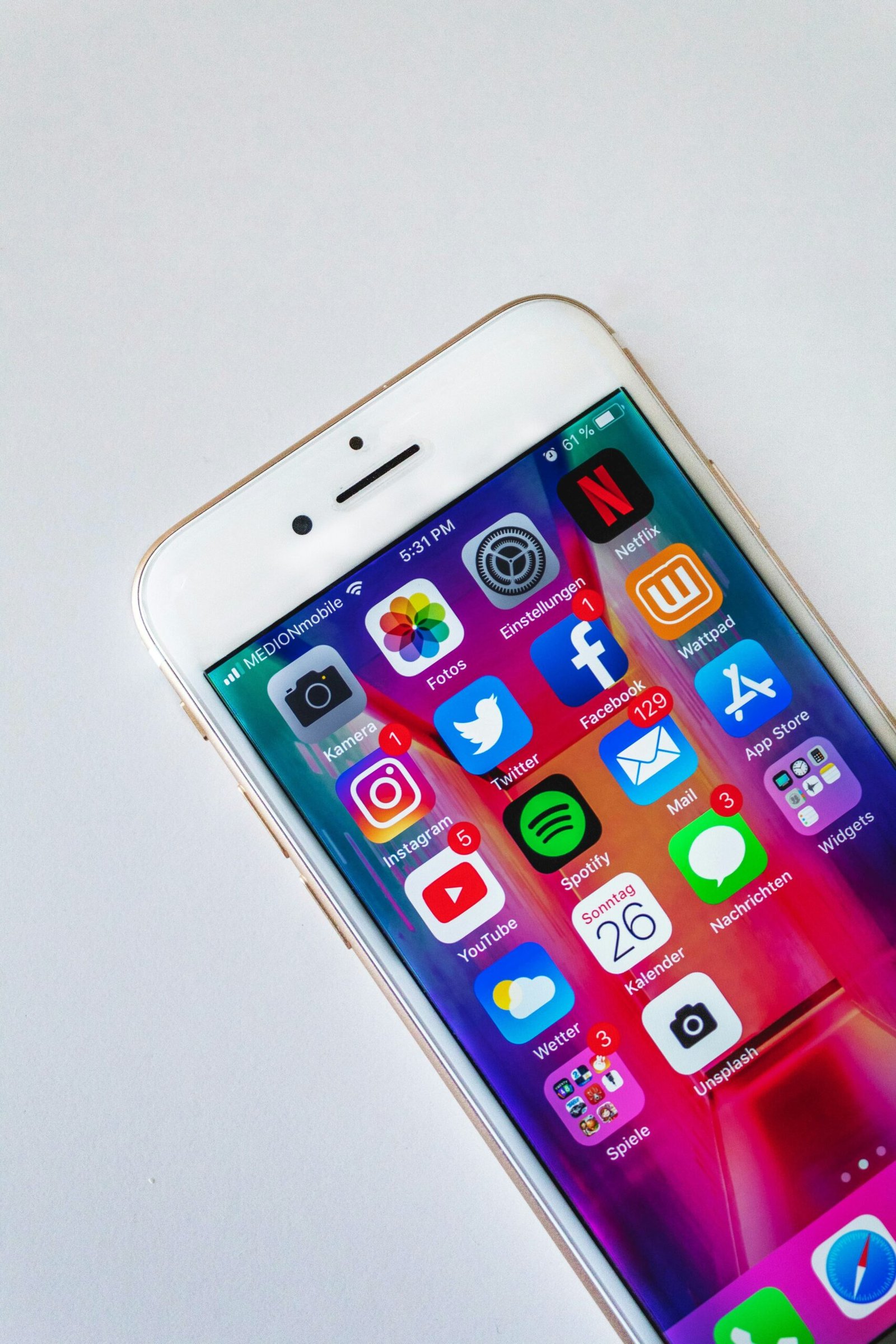Introduction
The prevalence of social media has completely changed how we interact, communicate, and use information. These platforms present never-before-seen chances for networking and social engagement, but they also raise questions about their potential effects on mental health.
This essay explores the difficulties and solutions for navigating the digital wellness landscape as it digs into the complex relationship between social media use and mental health.
The Impact of Social Media on Mental Health
Social media has become an integral part of our lives, allowing us to connect with friends, family, and the world at large. Social media’s popularity has brought up questions, though, about how it may affect mental health. In this blog post, we will explore the effects of social media on mental health and provide tips for navigating the digital wellness landscape.
The Positive Effects of Social Media
While social media has been linked to negative mental health outcomes, it is important to acknowledge the positive effects it can have as well. Social media platforms provide a space for individuals to express themselves, share their thoughts and experiences, and connect with like-minded individuals. This can foster a sense of belonging and support, especially for those who may feel isolated in their offline lives.

In addition, social media can serve as a valuable source of information and education. Many organizations and individuals use social media platforms to raise awareness about mental health issues, share resources, and provide support. This can be particularly beneficial for individuals who may not have access to traditional mental health services or resources.
The Negative Effects of Social Media
While social media can have its benefits, it is important to recognize the potential negative effects it can have on mental health. The effect of social media on body image and self-esteem is one of the primary worries. Continuous exposure to carefully chosen and edited photos might cause poor self-esteem and feelings of inadequacy.This can contribute to the development of body image issues, eating disorders, and low self-esteem.
Furthermore, social media can also contribute to feelings of loneliness and social isolation. While it may seem paradoxical, spending excessive time on social media can actually lead to a decrease in real-life social interactions. This can result in feelings of loneliness and a sense of disconnect from the world around us.

Another potential negative impact of social media on mental health is the phenomenon of cyberbullying. The anonymity and distance provided by social media platforms can embolden individuals to engage in harmful behavior, such as spreading rumors, making derogatory comments, or harassing others. This can have serious consequences for the mental well-being of those who are targeted.
Social comparison and self-esteem
People frequently use social media platforms to engage in social comparison, which is the process of evaluating oneself against the seemingly perfect lives and accomplishments of others.
Users who constantly compare themselves to their friends may experience anxiety, low self-esteem, and feelings of inadequacy as a result of trying to live up to their unattainable expectations.
Cyberbullying and Online Harassment
Social media sites offer a virtual forum for conversation and engagement, but they also carry a risk of online harassment and cyberbullying.
Digital communication’s anonymity and detached nature might encourage harmful behavior, which can have detrimental effects on victims’ mental health, such as anxiety, depression, and low self-esteem.
Navigating the Digital Wellness Landscape
While the negative effects of social media on mental health are concerning, it is possible to navigate the digital wellness landscape in a way that promotes positive mental well-being. Here are some tips:
1. Limit Your Time on Social Media
Set boundaries for yourself and establish designated times for using social media. Avoid mindlessly scrolling through feeds for extended periods of time. Instead, use social media intentionally and consciously.

2. Curate Your Social Media Feed
Take care of the stuff you click on and read on social media. Unfollow accounts that give you bad vibes or make you feel insufficient.Instead, follow accounts that promote positivity, inspiration, and mental well-being.
3. Practice Digital Detoxes
Take regular breaks from social media to recharge and reconnect with the offline world. Take advantage of this time to do things that make you happy and fulfilled.
4. Seek Support and Connection
Speak with a dependable friend, relative, or mental health professional if you are experiencing mental health issues.It is important to seek support and not try to navigate these challenges alone.
5. Be Mindful of Your Online Behavior
When using social media, be mindful of how your actions may impact others. Avoid engaging in cyberbullying or spreading harmful content. Instead, strive to create a positive and supportive online environment.
Conclusion
Social media can have both positive and negative effects on mental health. By being aware of these effects and implementing strategies to navigate the digital wellness landscape, we can harness the benefits of social media while safeguarding our mental well-being. Remember to use social media consciously, seek support when needed, and prioritize your mental health above all else.
